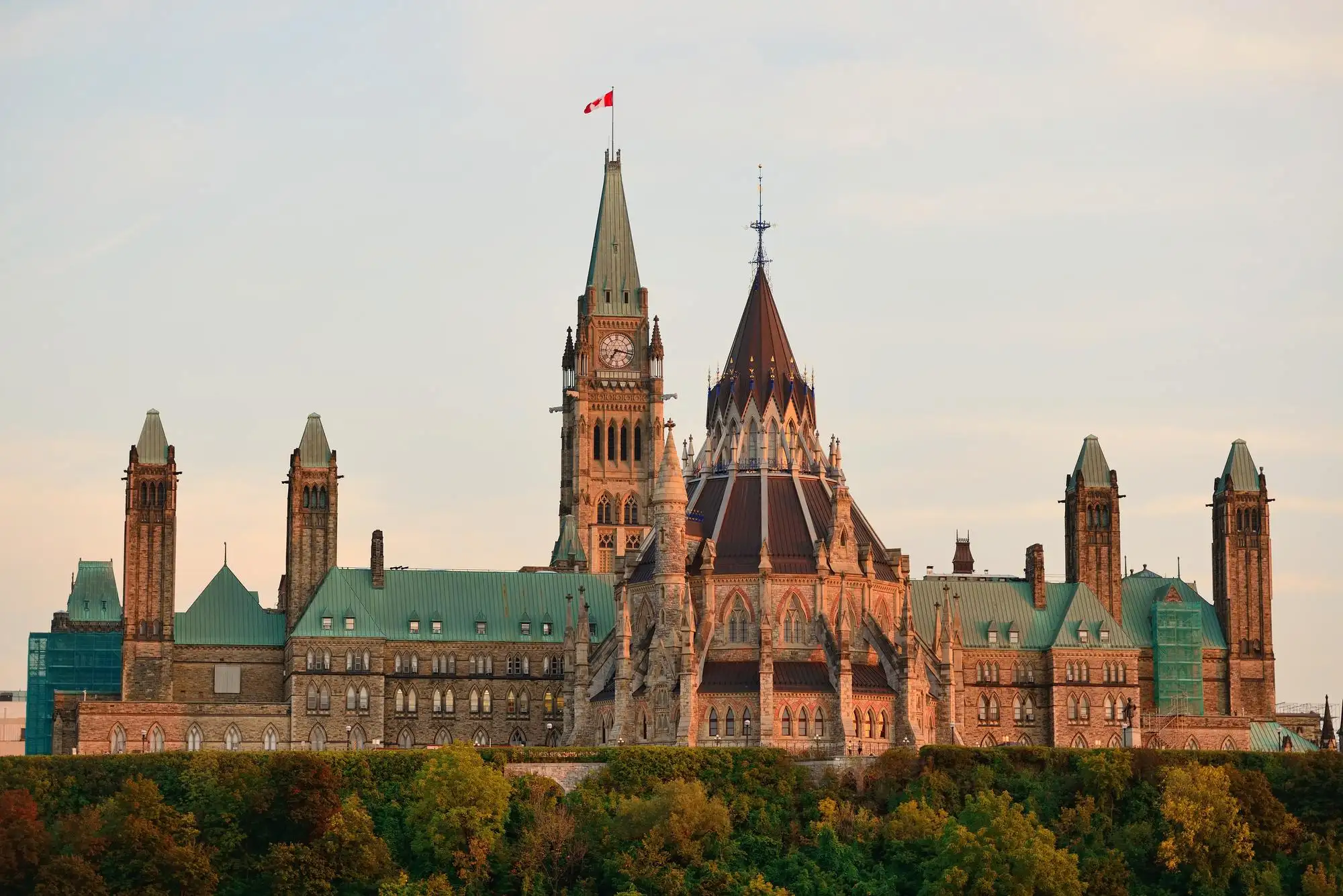The budget announced more details regarding the earlier proposed changes to the sales tax regime which would require non-resident vendors to register for HST when they sell digital products or services to Canadian end-consumers.
Who does this apply to?
Starting on July 1, 2021, the following non-resident vendors are required to register for and collect Canadian GST/HST:
| Type of Non-Resident Supplier | When to register for and collect Sales Tax under the simplified framework? |
| Non-resident vendors | Sell digital products or services (including traditional services) to end consumers in Canada. |
| Distribution platform operator (these are online market places that facilitate the sale of goods to Canadian customers) | Sell goods shipped from a fulfillment warehouse or another place in Canada, when non-registered vendors make those sales through distribution platforms. Non-resident vendors that make sales on their own (i.e., not made through a distribution platform) would need to register under the normal GST/HST rules. |
| Accommodation platform operator (i.e., businesses like Airbnb) | Supply short-term accommodation in Canada. |
Are distribution platforms required to collect GST/HST?
Yes. Distribution platform operators (i.e., online marketplaces) must register for the GST/HST and collect and remit the tax on the supplies to Canadian consumers that they facilitate.
How do these non-residents register for GST/HST?
- Simplified online registration and remittances: A simplified online GST/HST registration process would be available to non-resident vendors and non-resident distribution platform operators that are not carrying on business in Canada (e.g., have no permanent establishment in Canada). These businesses do not need to go through the normal GST/HST registration process.
- Business-to-consumer supplies only: non-resident vendors (“NRV”) are required to collect and remit the GST/HST only on the supply of digital products and services made to Canadian end consumers. NRV are not required to collect and remit the GST/HST on their supplies of digital products or services to businesses (B2B). The NRV would rely on the GST/HST registration number of a business to prove business status.
Revenue threshold to register and start collecting HST
You are required to register under the simplified framework if sales to Canadian consumers exceed, or are expected to exceed, $30,000 over a 12-month period.
Supplies of digital products or services that are GST/HST-free (i.e., zero-rated) are not included in calculating the $30,000 threshold amount.
Do I have to file a special information return?
Depends. Platform operators would be required to file an annual information return if they facilitate a supply of short-term accommodation situated in Canada or a sale by a non-registered vendor of goods located in a fulfillment warehouse in Canada.
The due date to file is on or before June 30th of the following calendar year.
How often do I have to file a sales tax return?
The reporting period is a calendar quarter, the due date to file the return is 1 month after the end of the reporting period:
| Quarter | Reporting Period | Due Date |
| Q1 | January 1st to March 31st | April 30th |
| Q2 | April 1st to June 30th | July 31st |
| Q3 | July 1st to September 30th | October 31st |
| Q4 | October 1st to December 31st | January 31st |
What if I don’t register?
CRA has the authority to register a person if it believes a person should be registered under the simplified framework
Relief for platform operators who rely on third-party information
Platform operators would be required to collect and remit the GST/HST on the supplies they facilitate by third parties that are not registered under the existing GST/HST framework. They have to rely on information provided by these third parties.
To not over-burden platform operators, Budget 2021, proposes the following:
- impose joint and several, or solidary, liability on a platform operator and a third-party supplier for the collection and remittance of tax, if the third-party supplier provides false information to the platform operator; and
- limit the liability of a platform operator for failure to collect and remit tax if the platform operator reasonably relied on the information provided by a third-party supplier.
Bad debts due to inability to collect from a purchaser
The supplier would deduct the uncollectable bad debt amount from the GST/HST that they are required to remit for a reporting period.
CRA to help with the transition
Suppose affected businesses and platforms show that they have taken reasonable measures but cannot meet their new obligations for operational reasons. In that case, the CRA will take a practical approach to compliance and exercise discretion in administering these measures during a 12-month transition period, starting from July 1, 2021.
Persons seeking additional technical information regarding the proposed measures may contact the CRA at:
- 1-833-585-1463 (for calls from Canada and the United States – toll-free) or
- 1-613-221-3154 (for calls from elsewhere – collect calls accepted).
You may also request a written technical explanation from the CRA.
We’re happy to help
If you have any questions about our article, please feel free to schedule a free consultation with one of our team members.


